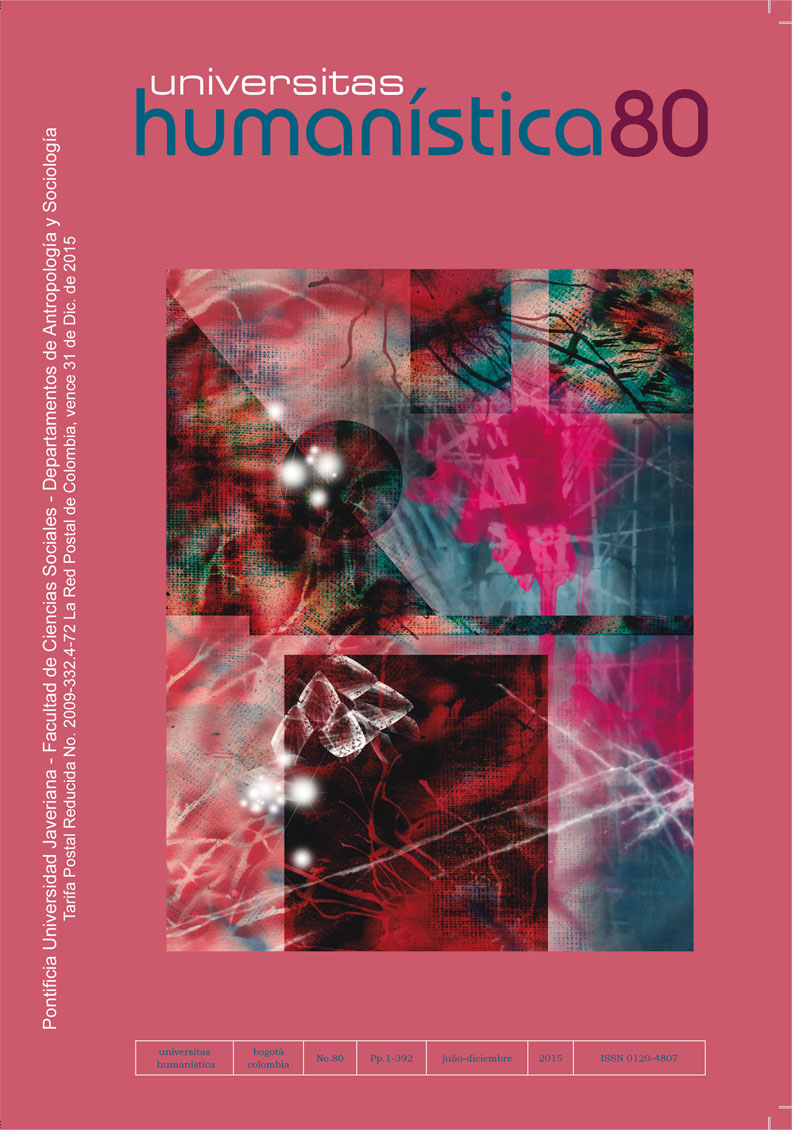Abstract
This article aims to highlight the construction processes of ethnic identities and their multiple identity reference spaces particularly considering the theoretical contributions of Stuart Hall on “identity articulations” and Rogerio Haesbaert on “multi-territorialities”.To demonstrate these processes an ethnographic study was conducted in the neighborhood Caminos a la Libertad located northwest of Quito. Data were collected through participant observation and semi-structured interviews. The article’s point of departure considers that ethnic identities are not anchored to a particular territory and that its construction is dynamic, contextual and constantly articulated with categories such as race, class and gender. This articulation shows in turn the different ways to create boundaries between the groups but also the collectives’ agency and subjectivity when founding organizations, demanding policies and generating local and global actions.
This journal provides immediate open access to its content on the principle that making research freely available to the public, encourages greater global exchange of knowledge.
The journal Universitas Humanística is registered under a Creative Commons Attribution 4.0 International Public License. Thus, this work may be reproduced, distributed, and publicly shared in digital format, as long as the names of the authors and Pontificia Universidad Javeriana are acknowledged. Others are allowed to quote, adapt, transform, auto-archive, republish, and create based on this material, for any purpose (even commercial ones), provided the authorship is duly acknowledged, a link to the original work is provided, and it is specified if changes have been made. Pontificia Universidad Javeriana does not hold the rights of published works and the authors are solely responsible for the contents of their works; they keep the moral, intellectual, privacy, and publicity rights.
Approving the intervention of the work (review, copy-editing, translation, layout) and the following outreach, are granted through an use license and not through an assignment of rights. This means the journal and Pontificia Universidad Javeriana cannot be held responsible for any ethical malpractice by the authors. As a consequence of the protection granted by the use license, the journal is not required to publish recantations or modify information already published, unless the errata stems from the editorial management process. Publishing contents in this journal does not generate royalties for contributors.


